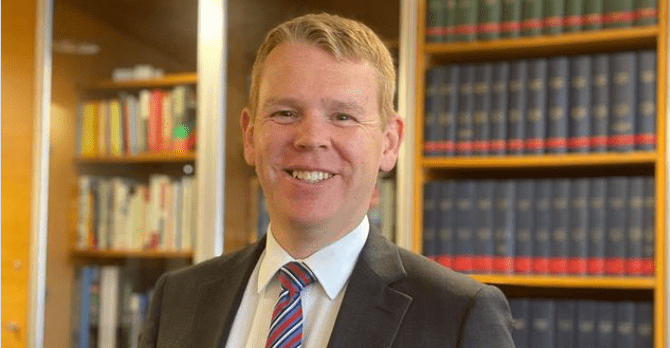During this cost of living crisis one of the expenses some households are choosing to forego is sending their little ones to childcare facilities.
New Zealand is one of the most expensive places in the world for childcare, which is proving a barrier to entry for some Kiwi mums in the midst of this national economic crisis.
Anna Catley, a mother of three, told One News she was counting up the cost of going back to the office.
“I found that if I were working a full week and getting $170, that would pay for, like, for just my petrol to get to work. It’s just not worth it,” she said.
“I think it’s a really relatable problem. We’ve all got this same problem that the cost of living is so expensive these days, and you need to go back to work to pay and live.”
The Government is anticipated to tackle childcare payments in next month’s budget, but for many women, that is just a bandage on a problem that continues to be ignored.
Subsidising childcare costs, while useful, fails to address the main issue, that is, extending financial literacy and capability programmes for New Zealanders so that they can better manage their own finances during this cost of living crisis.
Women especially are seeking financial mentorship to attain financial independence and security for themselves, so as not to be reliant on Government handouts and subsidies.
On average, women’s financial literacy is significantly lower than men. Women experience pay inequity in the labour market, and tend to be the family members taking time out of the workforce to care for children or older relatives, arriving at retirement with less.
With the cost of living such a touchpoint for households, where childcare costs are a major factor in delaying women’s return to the workforce, financial capability has never been so vital and in need.
Women have been disproportionately impacted financially by this cost of living crisis. They are impacted too by divorce and domestic abuse, and they bore the brunt of the COVID-19 pandemic with higher rates of job loss than men.
More than 80 percent of New Zealand women rate their level of financial wellbeing as moderate, low or very low, and more than 70 percent feel that financial wellbeing influences their overall wellbeing, the Financial Services Council reports.
At NSBS, 60 percent of our clients are female. By focusing on women’s financial capability needs we are able to support their security and empowerment, so that more Kiwi mums are not having to weigh up staying out of the workforce to avoid exorbitant childcare payments.


